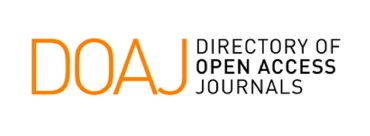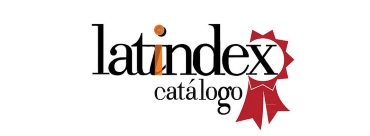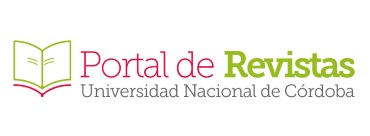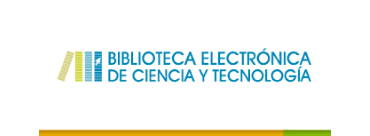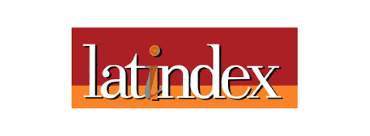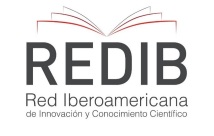Code of ethics
This code establishes the ethical responsibilities of authors, evaluators and the Editorial Committee.
About the Authors
1. Papers submitted will be original and may not have been published or submitted for consideration by other publications.
2. The data and information presented must be truthful and respect the intellectual property rights of the institutions and authors cited. When articles include direct testimonies, such inclusion will be done under informed consent and identity safeguard.
3. All bibliographic sources used will be cited. The detection of plagiarism in the moment of the evaluation of admission will imply the rejection in limine of the contribution.
4. If the publication is authored by more than one person, the Editorial Committee presumes that whoever assumes responsibility for the communication will do so with the consent of the rest.
5. Authors shall indicate, if appropriate, the sources of funding for the research leading to the publication.
6. The authors undertake to accept the admission and academic evaluations, and to carry out the modifications derived from them. Likewise, to accept the unappealable nature of the opinion.
7. When an article is approved with observations, the authors must comply with the deadline indicated by the Editorial Committee to incorporate the suggestions.
8. The journal's publications will be governed by open access publication policies.
9. Anyone who has an article approved for publication and decides to withdraw it for any reason may do so up to 30 days before the stipulated launch date of the issue of the journal. In the same way, those who decide to withdraw their authorship.
Of the evaluators
1. The proposed evaluators must ratify before the editorial committee that the article to be revised corresponds to their specialty and expertise.
2. The articles will be kept in reserve during the double-blind evaluation process. If the authorship is inferred, the evaluators must excuse themselves before the editorial committee.
3. Evaluators agree to accept the journal's evaluation policies and criteria.
4. The opinion must be submitted within a maximum period of eight weeks.
5. The opinion will be duly justified, using clear and fair language.
Editorial Committee
1. It is the responsibility of the editorial board to ensure a fair and rigorous evaluation process in accordance with the guidelines governing the journal's publications.
2. It is the responsibility of the Editorial Committee to provide guidance in the face of doubts formulated by both authors and evaluators.
3. The Editorial Committee will send to evaluate the articles admitted to qualified reviewers in the different topics, respecting the anonymity of the author (double blind), in order to preserve transparency and objectivity in the evaluations.
4. The members of the Editorial Committee may in no case interfere with the opinion issued by the evaluators.
5. Once the papers have been approved for publication, they will be submitted to the style correction process, during which modifications and/or clarifications may be requested from the authors.

